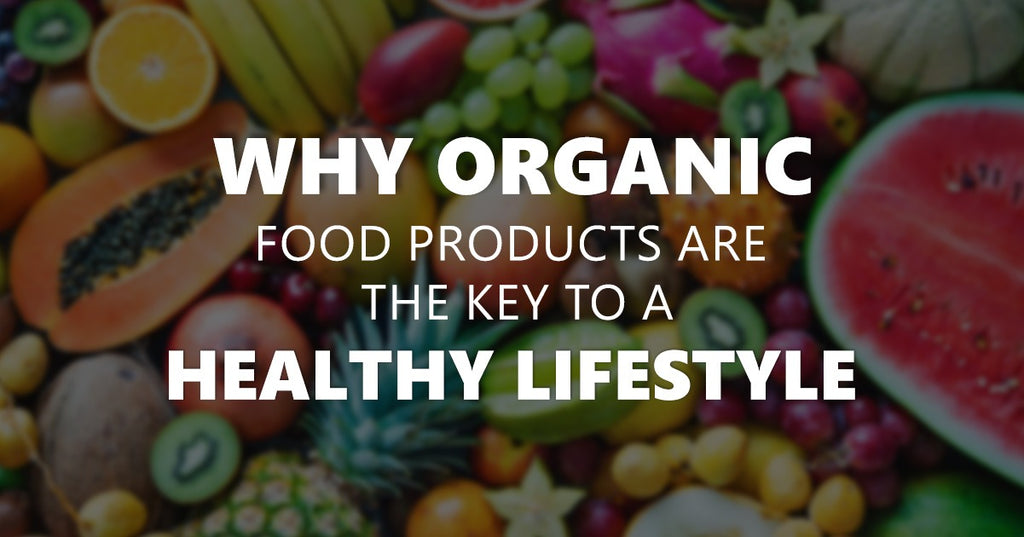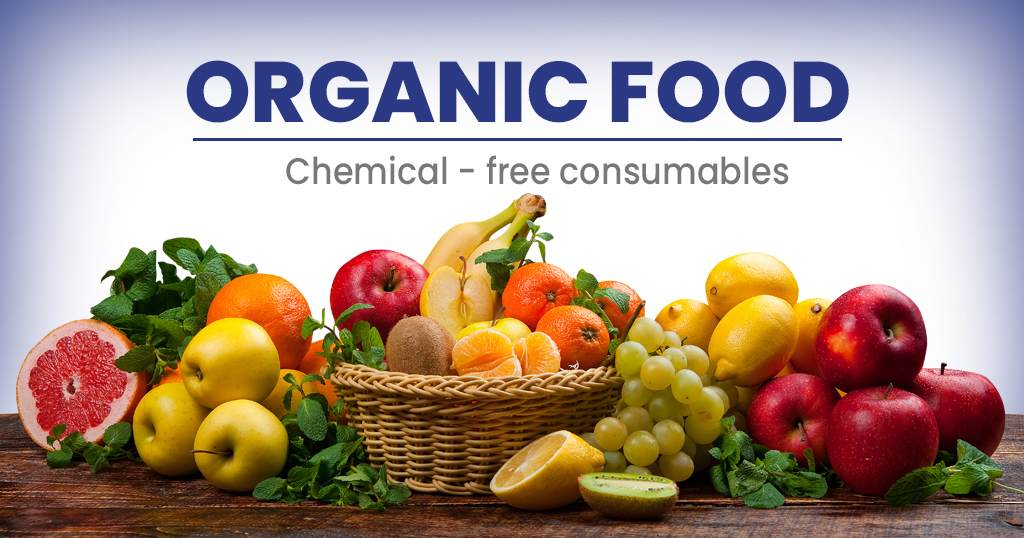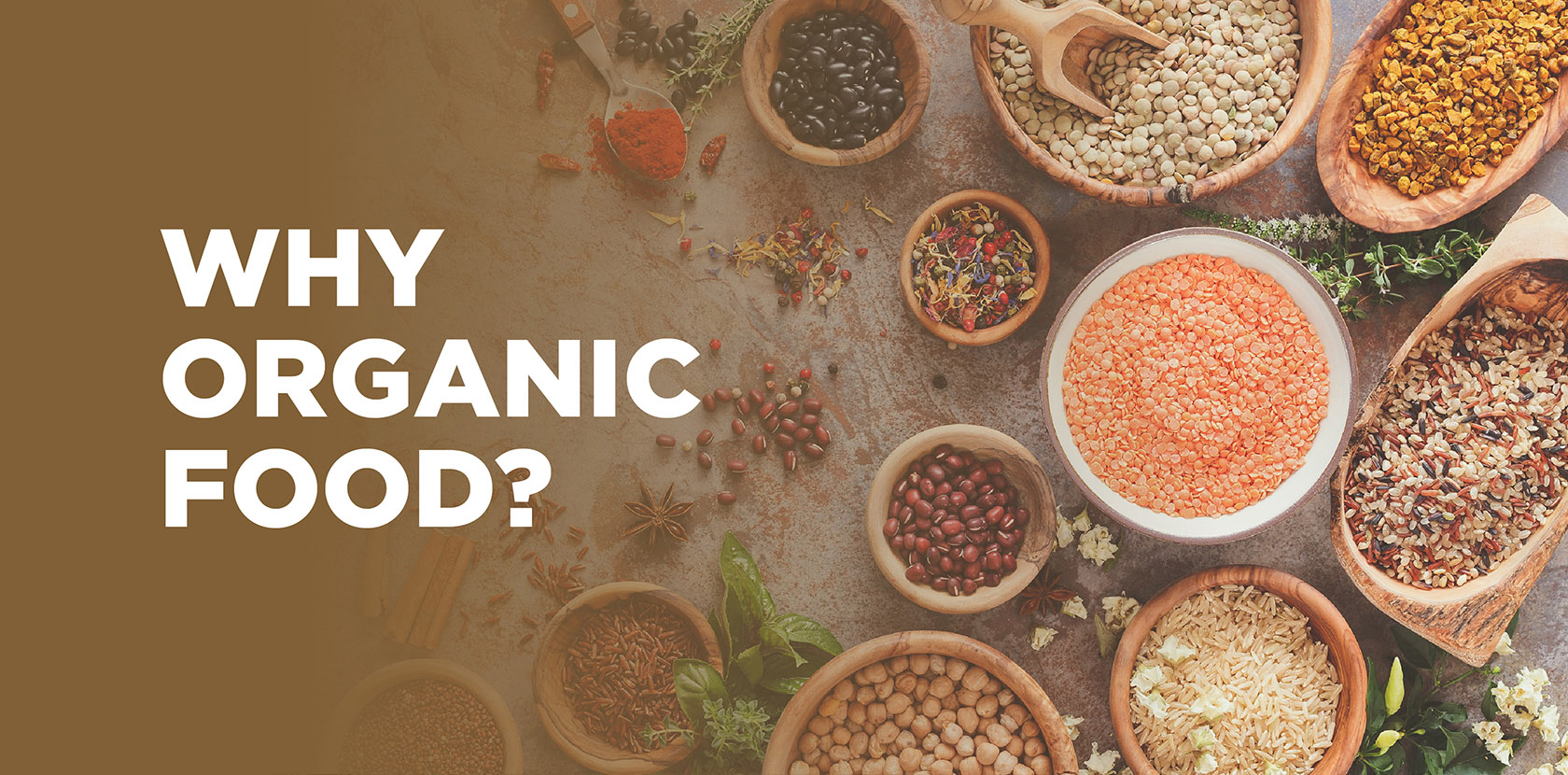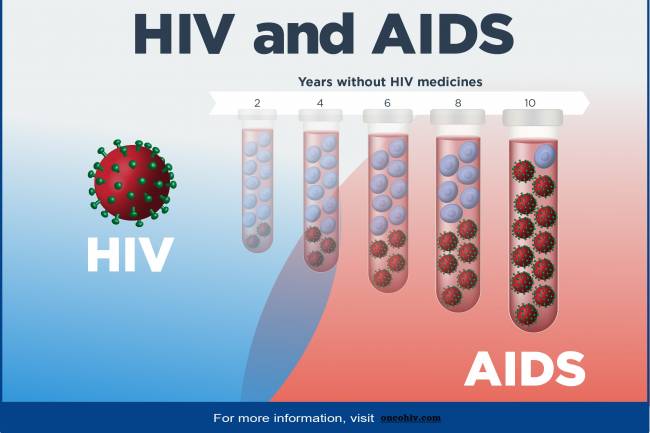
Organic Foods: The Key to Healthy Weight Loss
Organic foods are products that are grown and processed without the use of synthetic pesticides, fertilizers, genetically modified organisms (GMOs), antibiotics, or growth hormones. These foods are produced using methods that promote ecological balance and conserve biodiversity. Organic farming practices focus on soil health, water conservation, and animal welfare, making them more sustainable and environmentally friendly. Organic foods can include fruits, vegetables, grains, dairy products, meat, and poultry, as well as processed foods made from organic ingredients. The organic label is regulated by the United States Department of Agriculture (USDA) and ensures that products meet strict standards for organic production.
Organic foods are often perceived as being more nutritious and better for the environment than conventionally grown foods. They are also free from synthetic additives and preservatives, making them a popular choice for those looking to reduce their exposure to potentially harmful chemicals. While organic foods may be more expensive than their conventional counterparts, many people believe that the benefits of organic farming practices and the potential health advantages make them worth the investment.
The Benefits of Organic Foods for Weight Loss

Organic foods can be beneficial for weight loss for several reasons. First, they tend to be lower in calories and higher in nutrients than processed or conventionally grown foods. For example, organic fruits and vegetables are often richer in vitamins, minerals, and antioxidants, which can support overall health and help to reduce cravings for unhealthy foods. Additionally, organic meats and dairy products are typically leaner and free from added hormones and antibiotics, making them a healthier choice for those looking to manage their weight.
Furthermore, organic foods are often free from artificial flavors, colors, and preservatives, which can contribute to overeating and weight gain. By choosing organic options, individuals can reduce their intake of these potentially harmful additives and focus on consuming whole, natural foods that support their weight loss goals. Finally, organic farming practices promote sustainable agriculture and environmental stewardship, which can have a positive impact on the planet and contribute to a healthier food system for future generations.
How Organic Foods Promote Healthier Eating Habits

Incorporating organic foods into one's diet can promote healthier eating habits in several ways. First, organic foods are often fresher and more flavorful than their conventional counterparts, which can make them more enjoyable to eat. This can lead to increased satisfaction with meals and a greater appreciation for the natural flavors of whole foods. Additionally, choosing organic options encourages individuals to prioritize whole, unprocessed foods over highly refined or packaged products. This shift in focus can lead to a diet that is higher in nutrients and lower in empty calories, which is beneficial for overall health and weight management.
Furthermore, purchasing organic foods often involves shopping at farmers' markets or specialty stores, where individuals have access to a wider variety of fresh produce and locally sourced products. This can encourage people to experiment with new ingredients and recipes, leading to a more diverse and balanced diet. Finally, supporting organic farming practices can foster a greater connection to the food system and an increased awareness of where food comes from and how it is produced. This can lead to a greater appreciation for the value of whole, natural foods and a desire to make more informed choices about what we eat.
The Role of Organic Foods in Boosting Metabolism

| Organic Food | Effect on Metabolism |
|---|---|
| Fruits and Vegetables | Rich in antioxidants and nutrients that support metabolism |
| Whole Grains | Provide complex carbohydrates for sustained energy |
| Lean Protein | Supports muscle growth and repair, which can boost metabolism |
| Healthy Fats | Support hormone production and overall metabolic function |
| Herbs and Spices | Some can have thermogenic effects, boosting metabolism |
Organic foods can play a role in boosting metabolism and supporting weight loss efforts. Many organic fruits and vegetables are high in fiber, which can help to regulate digestion and promote a feeling of fullness. This can prevent overeating and support healthy weight management. Additionally, organic foods are often free from artificial additives and preservatives that can disrupt metabolic function and contribute to weight gain. By choosing organic options, individuals can reduce their intake of these potentially harmful substances and support their body's natural metabolic processes.
Furthermore, organic meats and dairy products are often leaner and higher in quality than conventionally raised options. This can provide the body with essential nutrients and support muscle growth and repair, which are important factors in maintaining a healthy metabolism. Finally, organic farming practices focus on soil health and biodiversity, which can lead to higher nutrient levels in the foods produced. This means that organic options may provide more essential vitamins and minerals that support overall health and metabolic function.
Organic Foods and Reduced Exposure to Harmful Chemicals
One of the key benefits of choosing organic foods is the reduced exposure to harmful chemicals commonly used in conventional farming practices. Many synthetic pesticides and herbicides used in conventional agriculture have been linked to potential health risks, including cancer, hormone disruption, and neurological effects. By choosing organic options, individuals can minimize their exposure to these potentially harmful substances and support their overall health.
Additionally, organic farming practices prohibit the use of genetically modified organisms (GMOs), which have been a source of controversy due to potential environmental and health concerns. By choosing organic foods, individuals can avoid GMOs and support sustainable agricultural practices that prioritize biodiversity and ecological balance. Furthermore, organic meats and dairy products are free from added hormones and antibiotics commonly used in conventional animal agriculture. This can reduce the risk of antibiotic resistance and support animal welfare while providing consumers with cleaner, healthier food options.
Incorporating Organic Foods into a Balanced Diet for Weight Loss

Incorporating organic foods into a balanced diet for weight loss can be a beneficial strategy for many individuals. Organic fruits and vegetables can provide essential vitamins, minerals, and antioxidants that support overall health while being low in calories and high in fiber. This can help individuals feel satisfied with their meals while supporting their weight loss goals. Additionally, choosing organic meats and dairy products can provide lean sources of protein that support muscle growth and repair while being free from added hormones and antibiotics.
Furthermore, incorporating organic whole grains into one's diet can provide essential nutrients and fiber that support digestive health and help regulate blood sugar levels. This can contribute to sustained energy levels and reduced cravings for unhealthy snacks. Finally, choosing organic options for cooking oils, condiments, and snacks can help individuals reduce their intake of potentially harmful additives while supporting their overall health and weight management goals.
Tips for Buying and Cooking with Organic Foods
When buying organic foods, it's important to look for the USDA Organic label to ensure that products meet strict standards for organic production. Shopping at farmers' markets or joining a community-supported agriculture (CSA) program can provide access to fresh, locally-grown organic produce while supporting small-scale farmers. When cooking with organic foods, it's important to focus on simple preparations that highlight the natural flavors of the ingredients. This can include roasting vegetables with olive oil and herbs or grilling lean cuts of organic meat with minimal seasoning.
Additionally, experimenting with new recipes that feature organic ingredients can help individuals discover new ways to enjoy whole, natural foods while supporting their weight loss goals. Finally, it's important to store organic foods properly to maintain their freshness and flavor. This can include storing fruits and vegetables in the refrigerator or a cool, dark place, keeping grains and pantry staples in airtight containers, and properly storing meats and dairy products to prevent spoilage. By following these tips for buying and cooking with organic foods, individuals can enjoy the benefits of organic eating while supporting their weight loss efforts.













